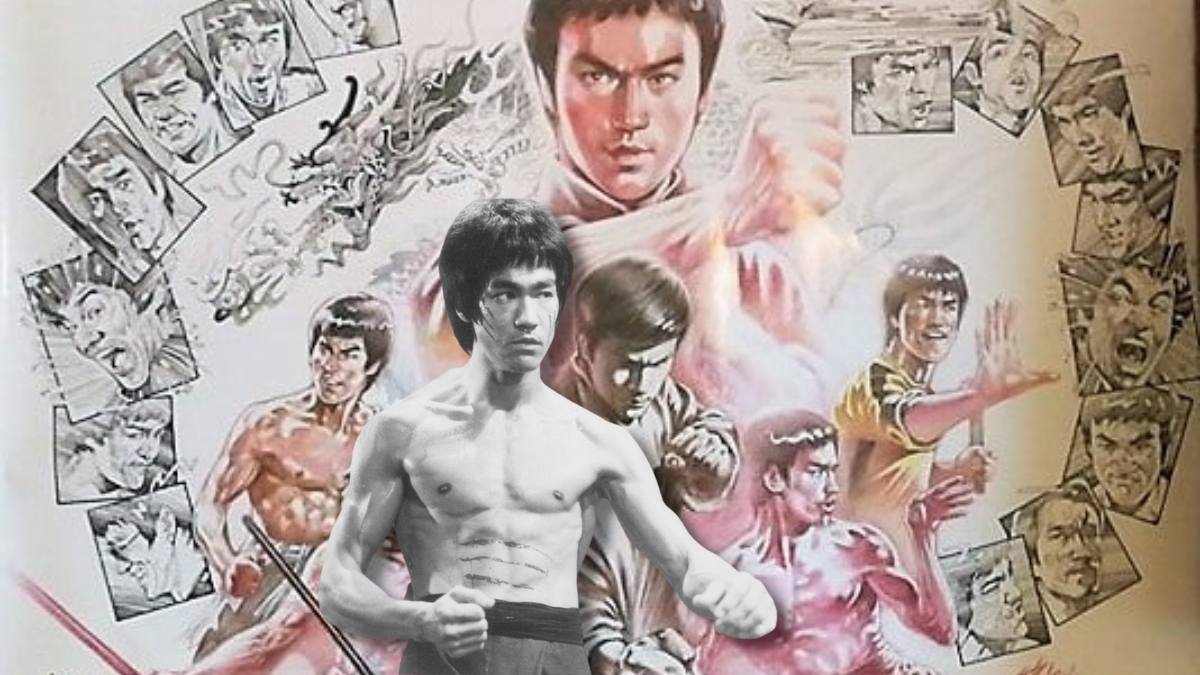Bruce Lee (November 27, 1940 – July 20, 1973) was a martial artist and actor from Hong Kong and the United States. He founded Jeet Kune Do, a hybrid martial arts philosophy that draws from various combat disciplines, and is widely credited with paving the way for modern mixed martial arts (MMA). Critics, the media, and other martial artists regard Lee as the most prominent martial artist of all time, as well as a pop culture icon of the twentieth century who crossed the divide between East and West. He is known for promoting Hong Kong action cinema and influencing how Asians are portrayed in American films.
Lee was born in San Francisco and raised in British Hong Kong. As a child actor, he was introduced to the Hong Kong film industry by his father. These, however, were not martial arts films. Wing Chun (trained under Yip Man), tai chi, boxing (winning a Hong Kong boxing tournament), and apparently frequent street fighting were among his early martial arts experiences (neighbourhood and rooftop fights). Lee, who was born in the United States, was able to relocate to Seattle in 1959. He enrolled at the University of Washington in 1961. Even though he wanted to be an actor, it was during his time in the United States that he considered making money by teaching martial arts.
In Seattle, he opened his first martial arts school, which he ran from his home. He drew great attention at the 1964 Long Beach International Karate Tournaments of California by making demonstrations and speaking after later opening a second school in Oakland, California.
He later moved to Los Angeles to teach, where he taught Chuck Norris, Sharon Tate, and Kareem Abdul-Jabbar, among others. His Hong Kong and Hollywood-produced films catapulted Hong Kong martial arts films to a new level of popularity and acclaim in the 1970s, igniting a surge of Western interest in Chinese martial arts. His films’ direction and tone profoundly influenced and changed martial arts and martial arts films all over the world.
In the early 1970s, he was best known for his roles in five feature-length Hong Kong martial arts films: Lo Wei’s The Big Boss (1971) and Fist of Fury (1972); Golden Harvest’s Way of the Dragon (1972), directed and written by Lee; and Golden Harvest and Warner Brothers’ Enter the Dragon (1973) and The Game of Death (1978), both directed by Robert Clouse. Lee became a prominent image around the world, especially among Chinese people due to his depiction of Chinese nationalism in his movies and among Asian Americans due to his defiance of Asian generalizations.
After learning Wing Chun, tai chi, boxing, and street fighting, he incorporated them, along with other influences from various sources, into the soul of his private martial arts ideology, which he christened Jeet Kune Do (The Way of the Intercepting Fist).
Lee passed away at the age of 32 on July 20, 1973. Lee has remained a major influence on modern combat sports such as judo, karate, mixed martial arts, and boxing, as well as modern popular culture such as film, television, comics, animation, and video games since his death. Lee was named one of the 100 most influential people of the twentieth century by Time magazine.
